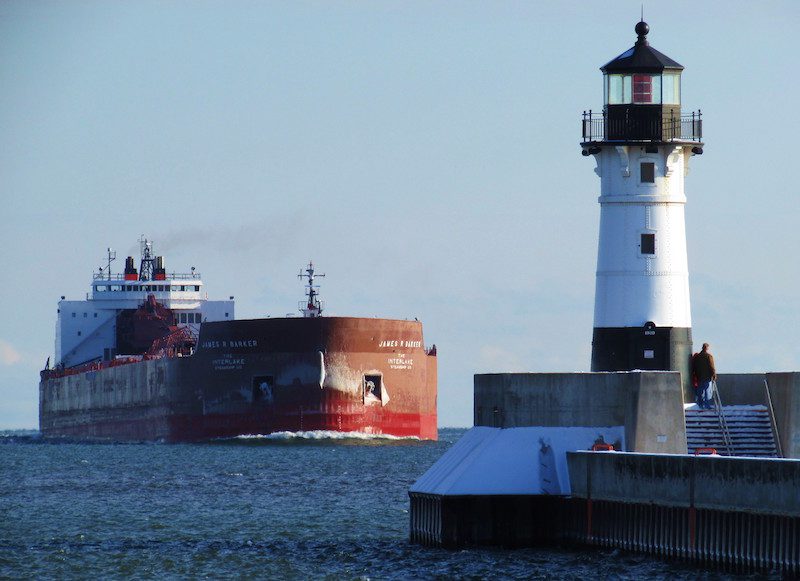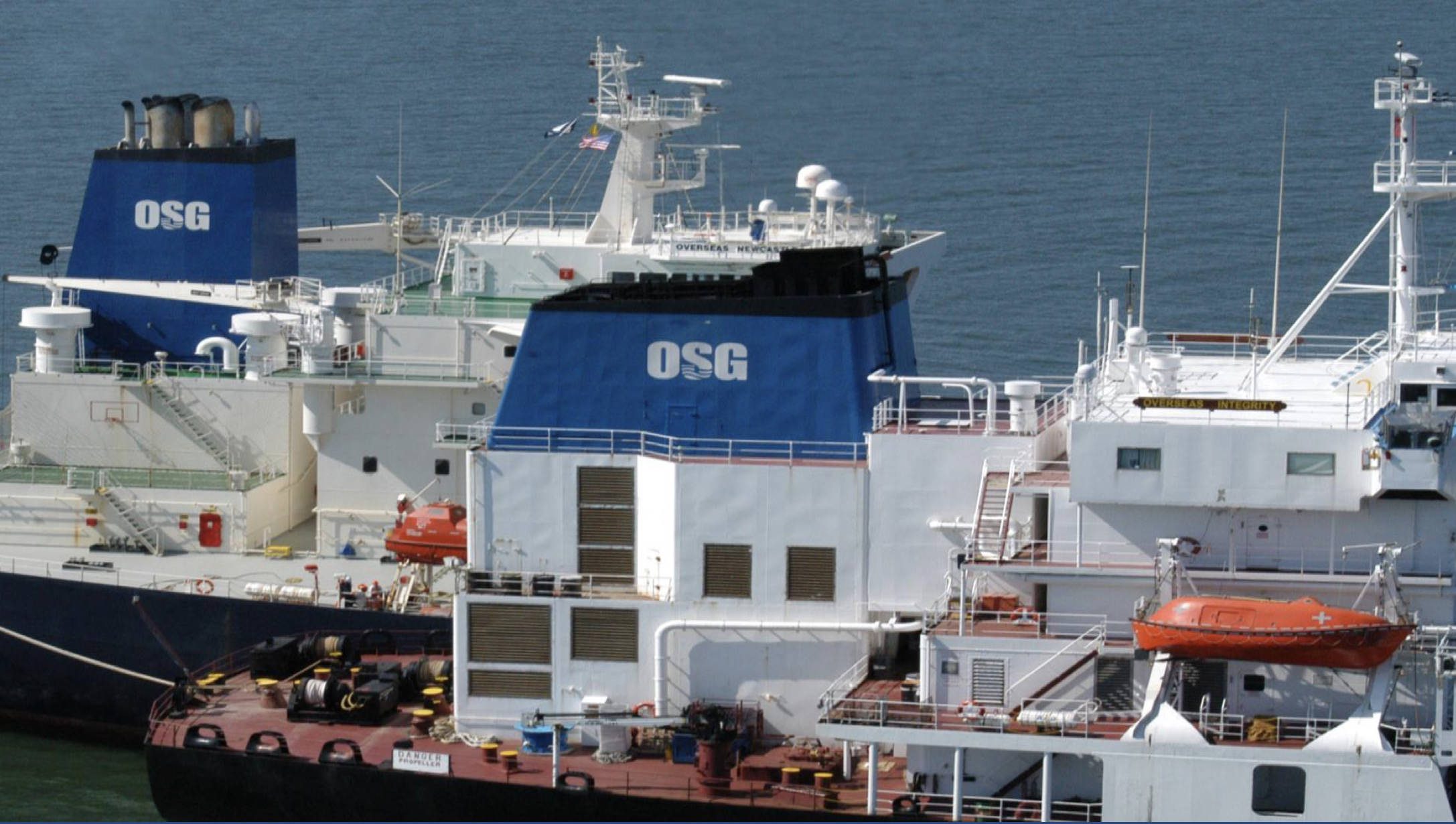Photo credit: American Maritime Partnership
The U.S. Federal Maritime Commission has formally launched its into claims that Canada’s pending ballast water regulations will unfairly hurt U.S.-flagged vessels.
The launching of the investigation follows a petition filed in March by the U.S.-based Lake Carriers’ Association to look into the regulations.
The Canadian Governments proposed ballast water regulations are meant to protect Canadian waters from invasive species by requiring both domestic and foreign vessels to develop and implement a ballast water management plan and comply with a performance standard that would limit the number of organisms discharged by 2024. The regulations will require most vessels operating in Canadian waters, whether foreign or domestic, to install a ballast water management system (BWMS) regardless of whether or not they actually discharge ballast water in Canadian waters. Additionally, vessels would need to obtain a certificate, keep records of ballast water operations, and be subject to inspections to verify compliance.
A “Notice of Investigation and Request for Comments” issued by the FMC on Tuesday specifies how interested parties can communicate with the Commission and establishes a deadline for filing comments.
In the petition, the Lake Carriers’ Association, representing 13 member companies operating 46 U.S.-flag “Lakers”, alleges that pending regulations concerning ballast water management under consideration by Transport Canada are unfavorable to shipping in the U.S.-Canada trade, pursuant to Section 19(1)(b) of the Merchant Marine Act, 1920 (Section 19).
Canada contends that the proposed regulations are required pursuant to an International Maritime Organization (IMO) treaty to which Canada is a party, but which the United States is not a signatory. The Lake Carriers’ Association, however, argues that the proposed regulations are not mandated by the IMO treaty, that compliance with the Canadian performance standard would be cost prohibitive for its members, and that the proposed regulations are intended to drive U.S. operators from the cross-lakes trade.
The Commission has long been concerned about the proposed Canadian ballast water regulations and the effect it will have on the U.S.-flag Laker fleet.
“The proposed Canadian regulation appears to go further than provisions regulating ballast water discharges into Canadian waters and would require U.S.-flagged Laker vessels to install a ballast water management system (BWMS) to treat ballast water even if they only load, and do not discharge, ballast water in Canadian waters,” said Carl W. Bentzel, Commissioner of the FMC. “I understand that U.S.-flagged Laker carriers are willing to abide by Canadian regulations requiring a BWMS if they discharge their ballast water into Canadian waters.”
Section 19 of the Merchant Marine Act, 1920, provides the FMC with authority to investigate and sanction discriminatory conditions caused by laws, rules, or regulations of foreign governments. Based on the results of the investigation, Section 19 gives the Commission the authority to levy fines on vessels calling at U.S. ports, prohibiting vessel calls at U.S. ports, and restricting cargos that may be carried between the U.S. and the foreign country.
Unlock Exclusive Insights Today!
Join the gCaptain Club for curated content, insider opinions, and vibrant community discussions.

 Join The Club
Join The Club







![A screengrab of a map showing an earthquake Mindanao, Philippines on Dec 2, 2023. (Image: US Geological Survey [USGS])](https://gcaptain.com/wp-content/uploads/2023/12/Screenshot-2023-12-02-at-10.45.17-AM-copy.png.webp)





